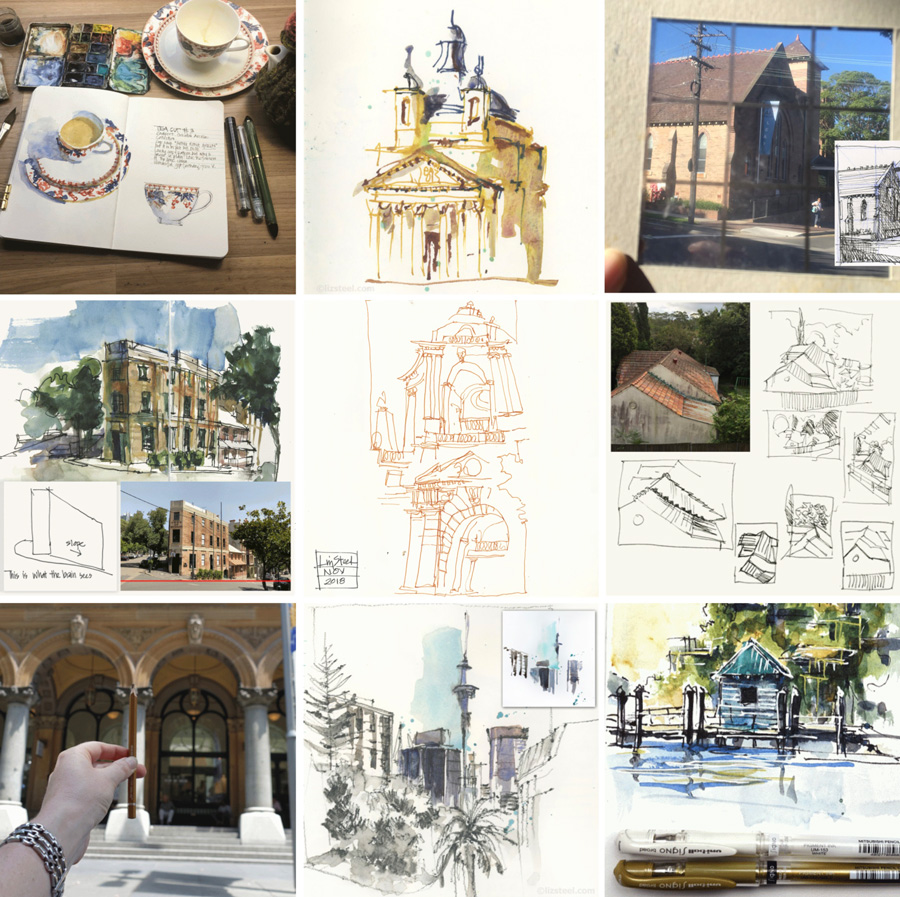
As I have just wrapped up another run-through of SketchingNow Foundations I thought it would be good to create an easy-to-find index of all my Foundations Friday articles from 2016, 2017 and 2019.
If you are reading these articles to find out what is in the course, I suggest that you check out the 2016 articles first as they are the most descriptive of the lesson content. The 2019 articles contain more advanced applications. I hope that you find these articles helpful!
Lesson 1: Knowing (and loving) your Materials
2016: Using a water soluble pencil
2017: Revisiting my water soluble pencil as I don’t use it much
2019: Discoveries… White and gold gel pens
2020: Revisiting my watercolour pencils
Lesson 2: Feeling Edges
2016: Continuous line sketches of my coffees and a local house
2017: Continuous line sketches in New Zealand
2019: Recent continuous line sketches
2020: Open-ended continuous line sketches
Lesson 3: Abstracting Shapes
2016: Shape sketching of a cathedral, coffee cups and cafe tables and chairs
2017: Starting with shapes for a complex scene in Auckland, NZ
2020: Abstracting shapes in differing light
Lesson 4: Constructing Volumes
2016: Volumes sketching of a fire station, more coffee cups and cafe views
2019: A few recent Constructing Volumes examples
2020: How working in volumes is different from edges and shapes
Lesson 5: Measured Setup
2016: Working out how to accurately draw a latte glass and saucer
2017: Measuring the relationships between three random objects on my desk
2019: Measured setup (and some favourite tools for working this way)
2020: Do you need sight measuring? (Lessons 5-7)
Lesson 6: Minimal Setup
2016: Coffee cups and beach scenes quickly and loosely
2017: Recent approaches to minimal setup – more NZ sketches and one of Castle Howard Yorkshire UK
2019: Recent Minimal Setup examples
Lesson 7: Putting It All Together
2017: Detailed step-by-step of a teacup sketch
Lesson 8: Balancing Line and Colour
2016: Two different approaches to sketching a cafe counter
2017: More architectural examples of mixing line and colour – Palladio and St James Sydney
2019: More recent examples of balancing line and work
2020: Urban sketching training (Lessons 8-12)
Lesson 9: Composing the View
2016: Using a view finder to sketch Mosman Art Gallery
2017: Comparing a viewfinder sketch of my neighbour’s roof with a looser version
2019: The importance of getting ground-lines right
Lesson 10: Creating a Focus
2016: Thumbnail explorations of a busy scene in Sydney’s downtown (lots of interesting discussion as well!)
2017: Creating different stories about the view of my neighbour’s property
2019: Creating a focus at Callanish Stones
Lesson 11: Working from a Focus
2016: A range of examples – Melbourne, Singapore, Norfolk Island
2017: Some local shops and more examples from NZ
2019: Allowing a sketch to evolve
Lesson 12: Reviewing your Work
2016: A few thoughts about reviewing your own work and my takeaways from the 2016 run-through
2017: Examples of how I reviewed my work at the end of my first sketchbook and my takeaways
2019: Reviewing work and cafe sketching tips
Thank you so much for being a part of these three big series of articles – I hope that you found them helpful. They were a lot of fun to put together and have really being useful in the development of my own work!
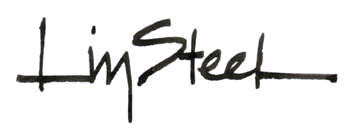
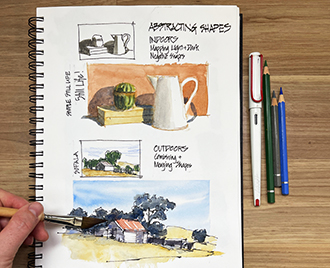

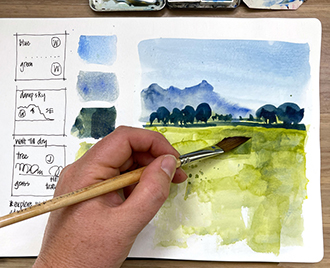
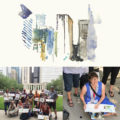
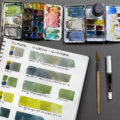
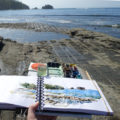
6 Comments
This is wonderful Liz, thanks for your thoughtfulness and amazing creativity!
Great job Liz!
You probably drink a lot of coffee after drawing pictures?
This is so generous of you, Liz. I’m really looking forward to brushing up (pardon the pun, please) my skills with this refresher course. Thank you.
My pleasure Corinne!!!
Hi Liz, i was after more information on your foundation now course but keep getting error message page not found.
Will you be running it again in the future or have you retired it for other courses?
Hi Heidi,
Not sure why that link wasn’t working – but it’s fixed now!
Foundations is still very much alive – in fact we are going through it as a group at the moment.
more details here
https://sketchingnow.com/foundationscourse/
NEWSLETTER
Subscribe for first notification of workshop + online classes and more.